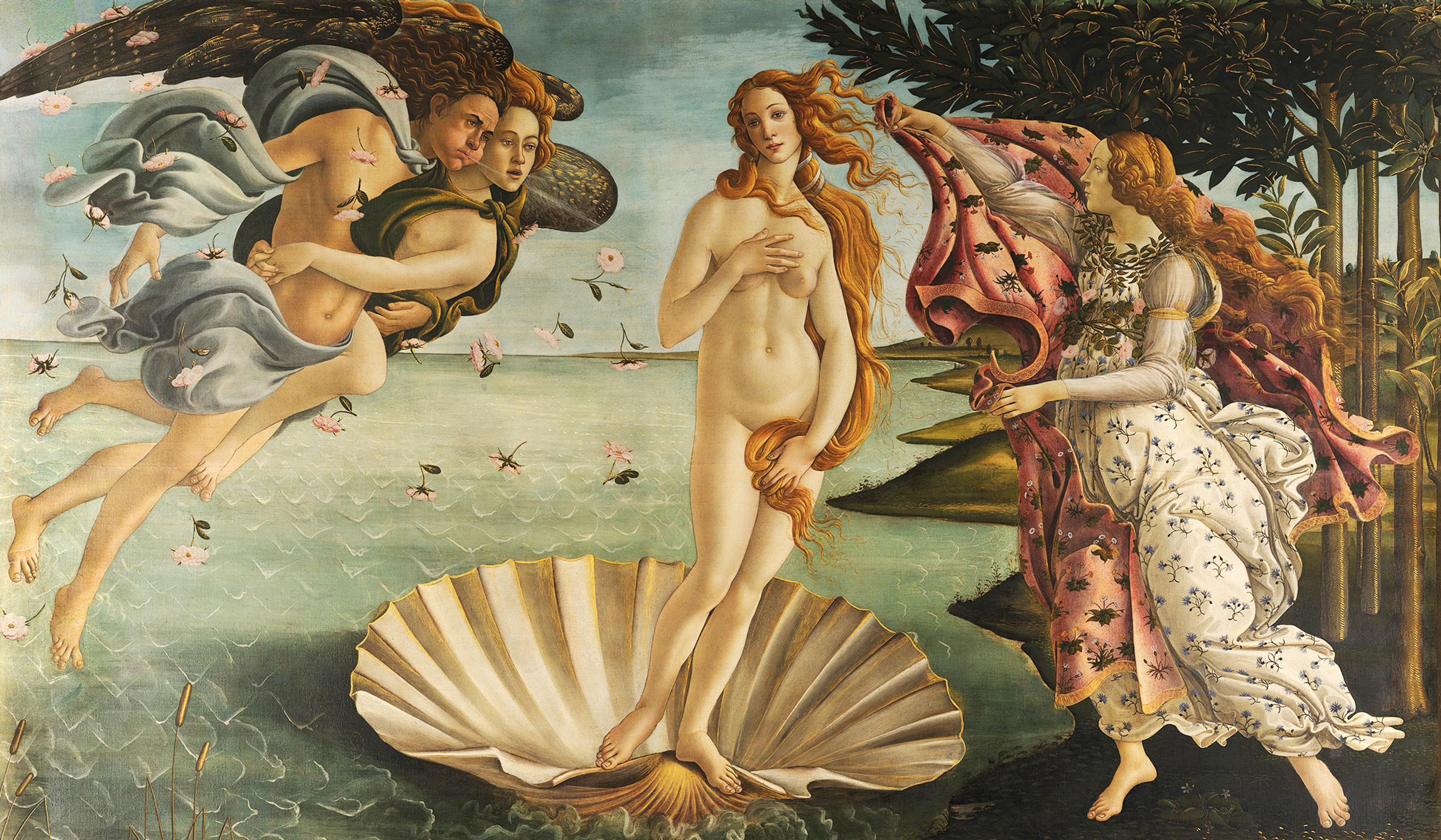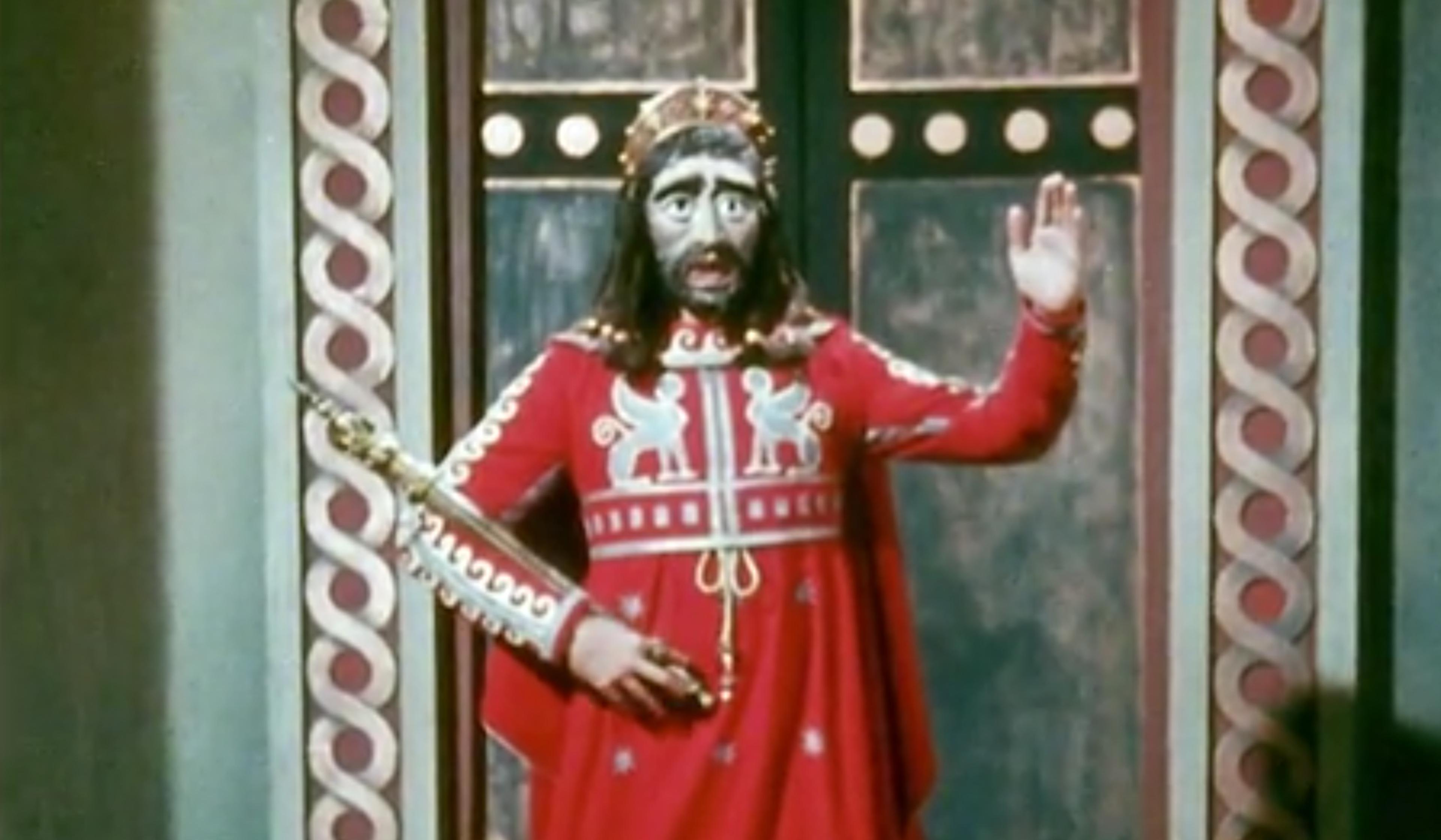Aeon Video has a monthly newsletter!
Get curated editors’ picks, peeks behind the scenes, film recommendations and more.
A doctrine against doctrinaires: the enduring radical modesty of Karl Popper
Comprising excerpts from the documentary Philosophie Gegen Falsche Propheten (1974), or ‘Philosophy Against False Prophets’, this video is a robust primer on the ideas and legacy of Karl Popper. The influential Austrian-born thinker elucidates his concept of falsifiability, which holds that scientific theories can never be proven true, only demonstrated to be false, and discusses his political philosophy, using his book The Open Society and Its Enemies (1945) as a starting point. From his home in the Chiltern Hills outside London, Popper issues a rigorous defence of liberal democracy and a warning against the centralisation of power favoured by thinkers such as Plato, G W F Hegel and Karl Marx. He calls for modesty and clarity in both political ethics and science so as to pursue ‘a continuous approximation to the truth’ – even though we can never be certain when truth has revealed itself. A humane and enormously influential thinker, Popper’s ideas continue to resonate today, with both the liberal democratic order and the very concept of truth facing renewed threats worldwide.
Website: Philosophy Overdose

video
Rituals and celebrations
A beginner’s guide to a joyful Persian tradition of spring renewal and rebirth
3 minutes

video
Metaphysics
Simple entities in universal harmony – Leibniz’s evocative perspective on reality
4 minutes

video
Biography and memoir
The unique life philosophy of Abdi, born in Somalia, living in the Netherlands
29 minutes

video
Ethics
For Iris Murdoch, selfishness is a fault that can be solved by reframing the world
6 minutes

video
Death
A hunter’s lyrical reflection on the humbling business of being mortal
6 minutes

video
Love and friendship
After his son’s terrorist attack, Azdyne seeks healing – and his granddaughter
25 minutes

video
Art
More than breathtaking, ‘The Birth of Venus’ signalled an aesthetic revolution
19 minutes

video
Values and beliefs
A Zen Buddhist priest voices the deep matters he usually ponders in silence
5 minutes

video
Thinkers and theories
‘My art is oratory, Socrates.’ An ancient warning on the power and peril of rhetoric
4 minutes